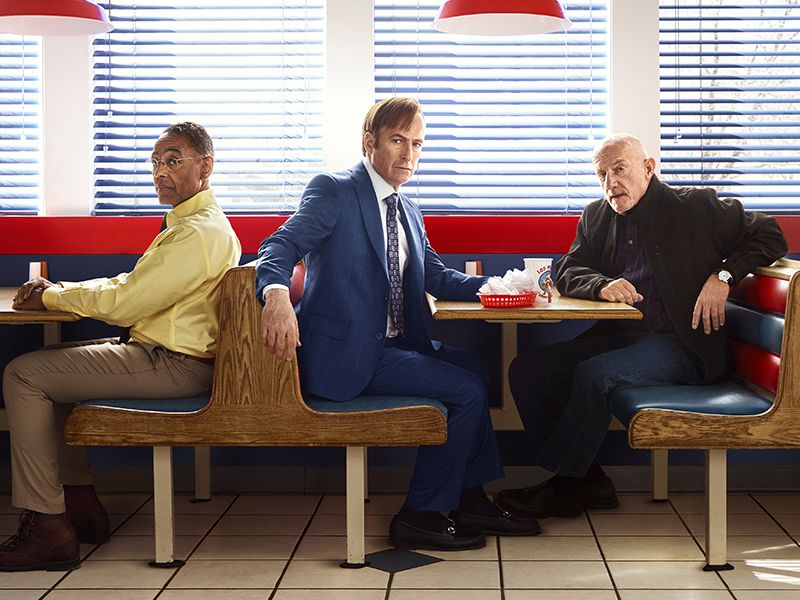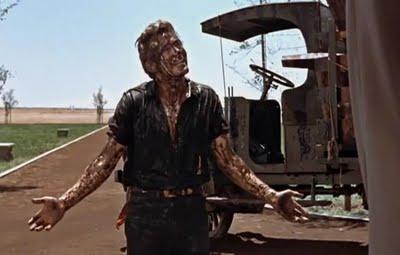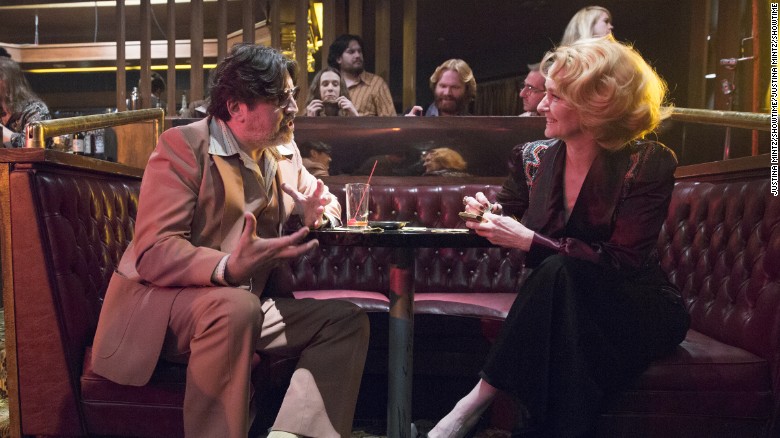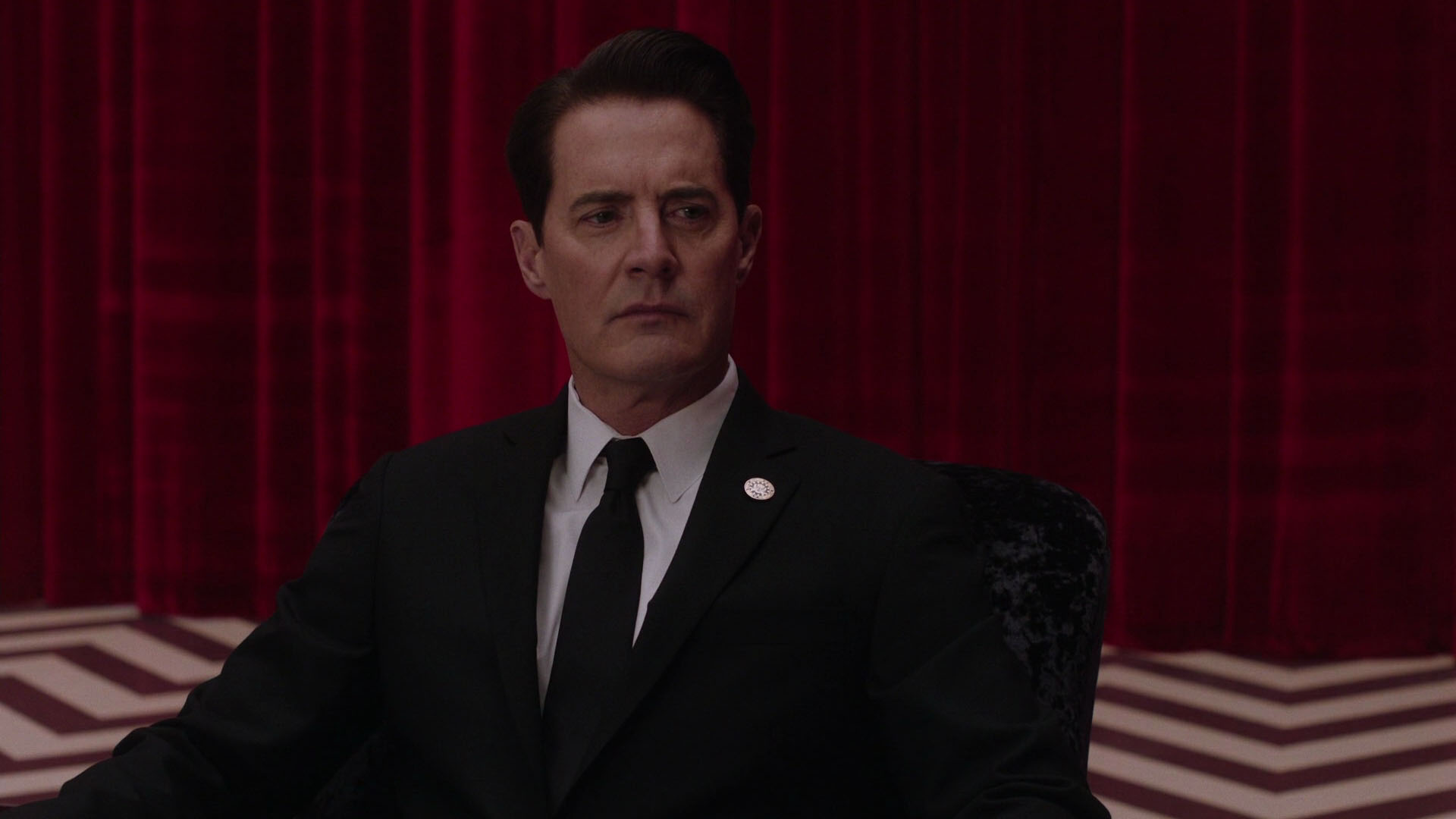Is Stan The Man?
I'm reading Dancing On The Ceiling: Stanley Donen And His Movies by Stephen M. Silverman. Donen doesn't generally make lists of top directors, but he's done some fine work (Singin' In The Rain, Seven Brides For Seven Brothers, Funny Face, Charade), so it's interesting to hear the stories behind those films.
But what I find fascinating about the book is how contemptuous Silverman can be. He'll mention some film in passing and note it's not very good, even some of Donen's that many respect.
To pick an example, the first film Donen directed (actually, co-directed with Gene Kelly), On The Town, is considered a classic by some, but Silverman points out its weaknesses. (And he's not wrong. The decision to throw out most of Leonard Bernstein's score for mediocre Roger Edens' tunes was a big mistake.)
Or Silverman will slight a famous actor, such as Gene Kelly himself, for his annoying smile, and penchant for lengthy ballets that kill the action. Once again, I'm not saying he's wrong, just that this is not the kind of stuff you regularly read in such bios.
And Donen joins in--or perhaps created the atmosphere to begin with. He's a guy who worked on Broadway as a teen and was directing major films by his mid-20s, but doesn't treat it like it's a big deal. He admits he made plenty of so-so movies, and even (at times) puts down Singin' In The Rain, which is the one film you'd think he'd say is his certified classic.
I like it. I'd rather have an honest opinion than puffery, or fan service.










.jpg)
















